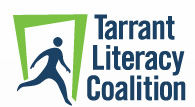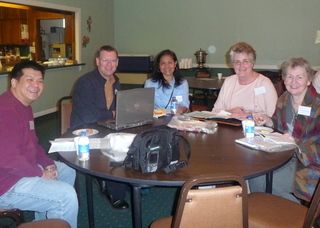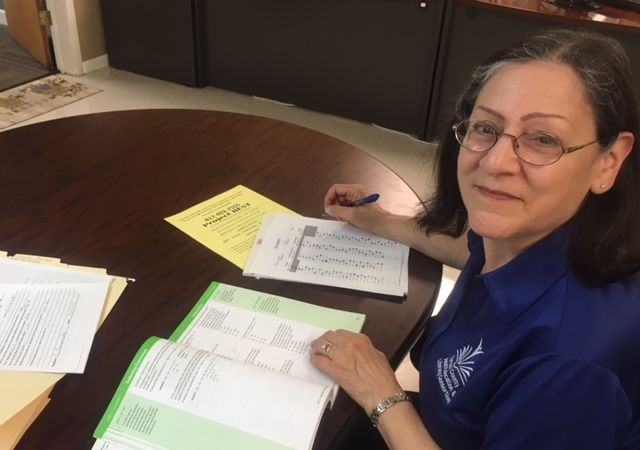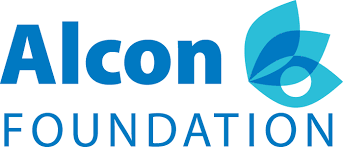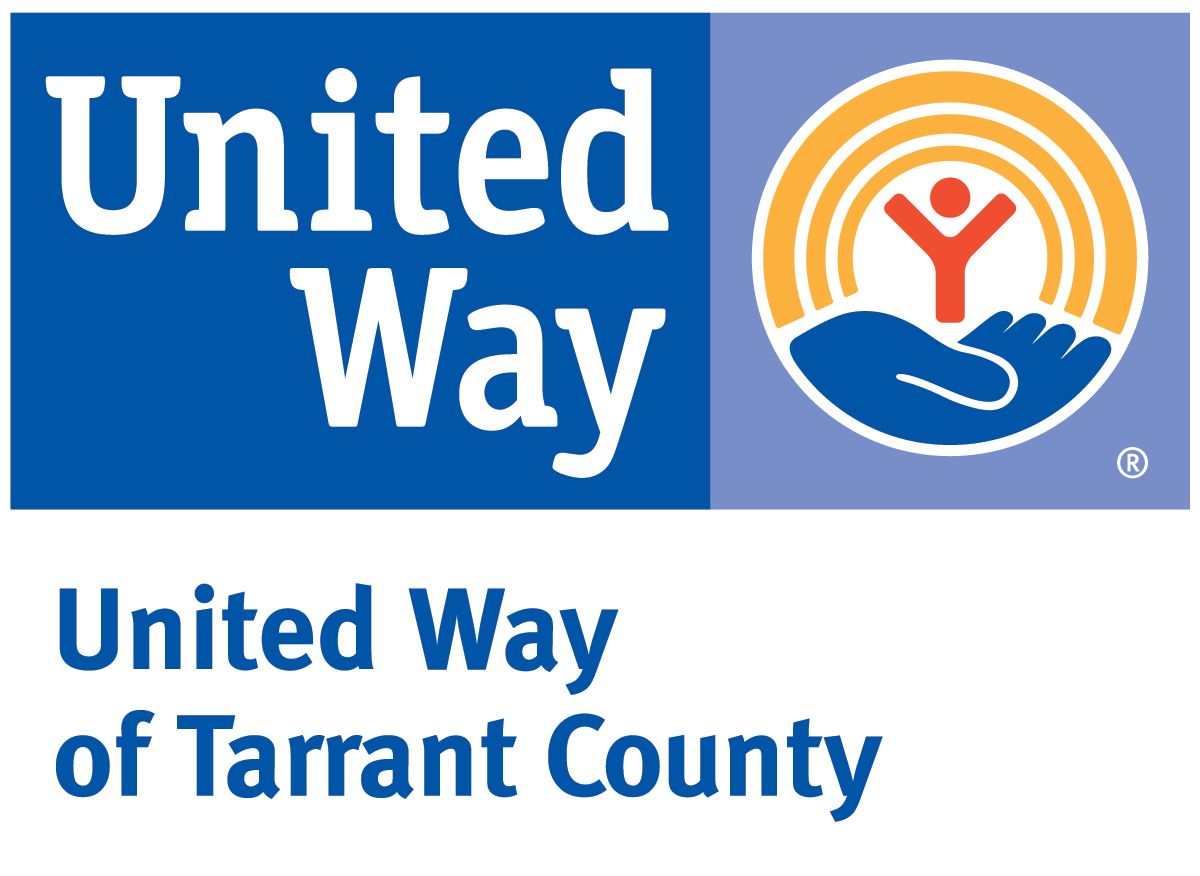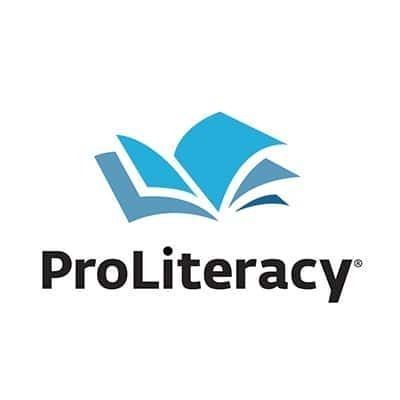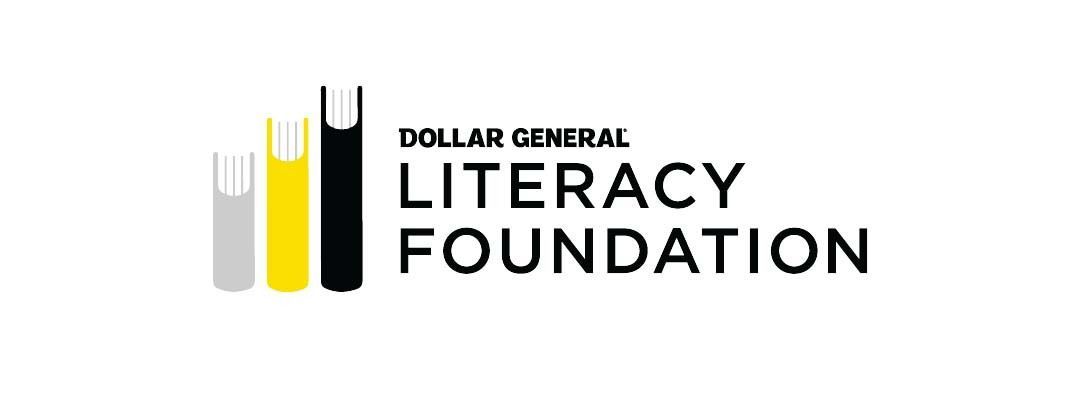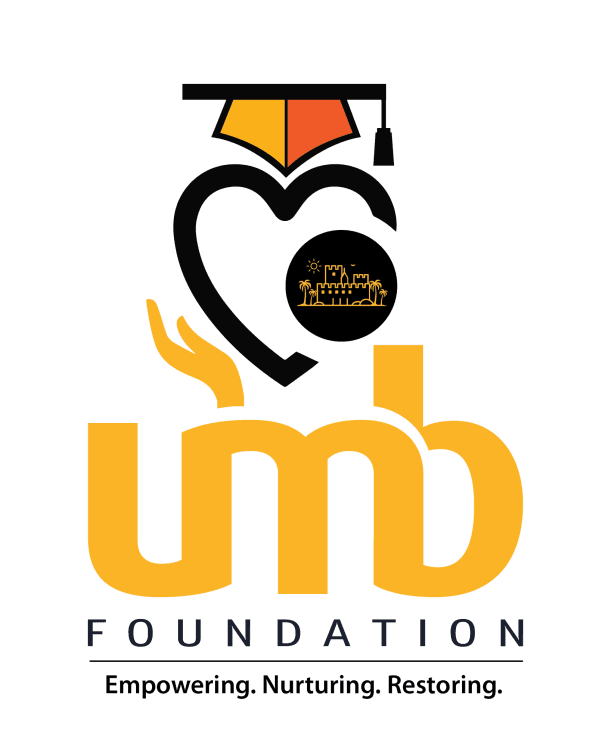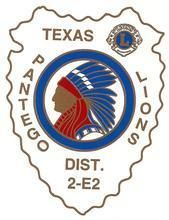Assisting Community and Faith Based Programs
Literacy providers ignite the spark that will lead to lifelong learning. Whether community or faith-based, they are the most important collaborators with the Coalition.
Though literacy providers work incredibly hard to teach adults, there are many barriers to overcome. Many classes must deal with multi-level classes and ongoing enrollment, which hinders their ability to provide individualized assistance. The Coalition works with these programs to help them succeed.
To learn what resources the Coalition can offer your program, visit Resources for Your Program.
Diverse Community Programs
Community literacy providers come in many shapes and sizes. From neighborhood centers to educational institutions to state and federal programs, community programs provide a host of academic, social, vocational, and civic learning opportunities. This variety creates an extensive network of services for adults willing to learn and grow.
Missions, Ministries, and Literacy
The involvement of faith-based organizations is critical in addressing adult low literacy. Churches, synagogues, and mosques often provide a familiar environment located conveniently in the neighborhood. Programs often offer English as a Second Language (ESL) (Friendspeak, International Friends, etc.), community ESL missions, one-on-one tutoring for literacy, and immigrant and refugee services.
Gathering Best Practices
In order to reinforce innovative and effective teaching practices, the Coalition gathers ideas and new techniques by conducting site visits. Coalition staff visits classes to meet with administrators, teachers, and students. This enables us to further understand the classes' needs and strengths in order to represent and aid each unique program better.
Developing Assessments and Curriculum
Choosing a curriculum for literacy classes can be a difficult and confusing decision. However, curriculum development is not a static set of rules and procedures. It is a continual process of modifying lesson plans, techniques, methods, and materials to accommodate student needs. That is why the Coalition works with other community organizations to provide assistance with the various resources.
An assessment plan can also be a daunting task. Inconsistent attendance from students juggling work, life, and school can place limits on the frequency of testing. The Coalition works with literacy programs to develop an intentional plan to set goals and get results.
